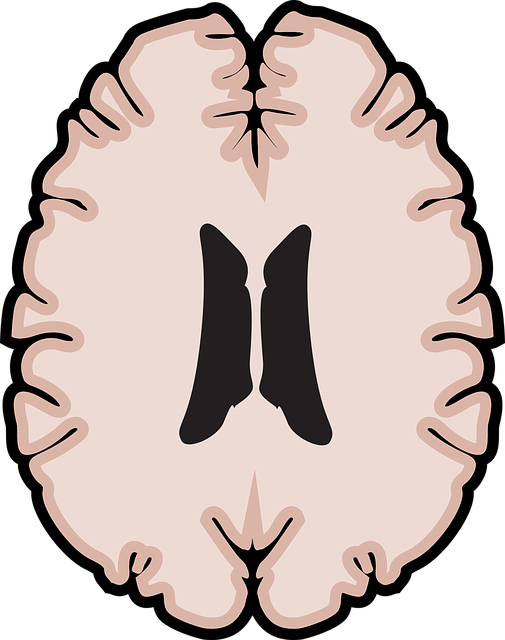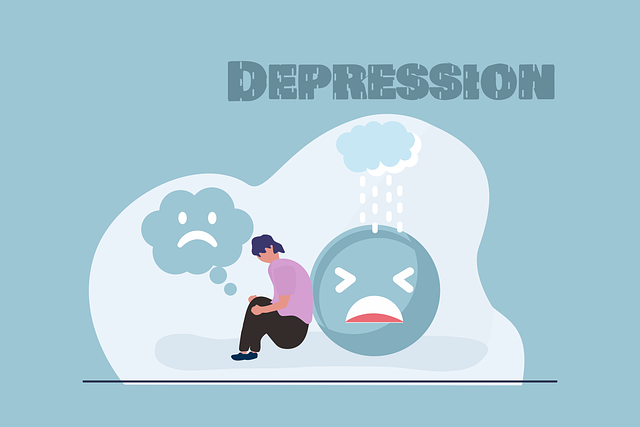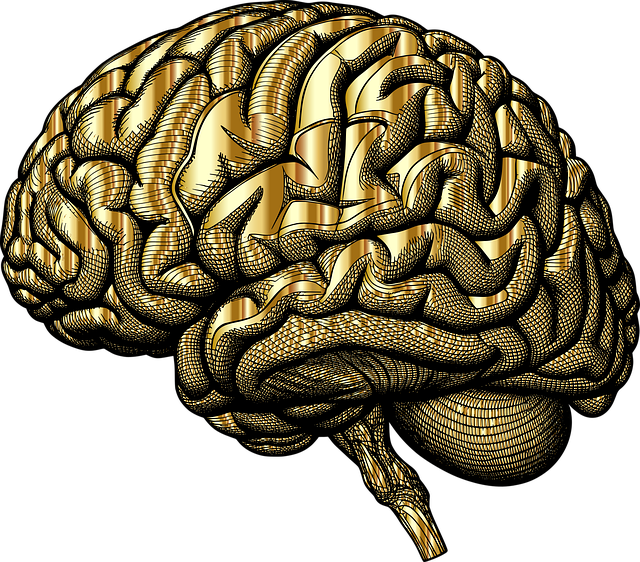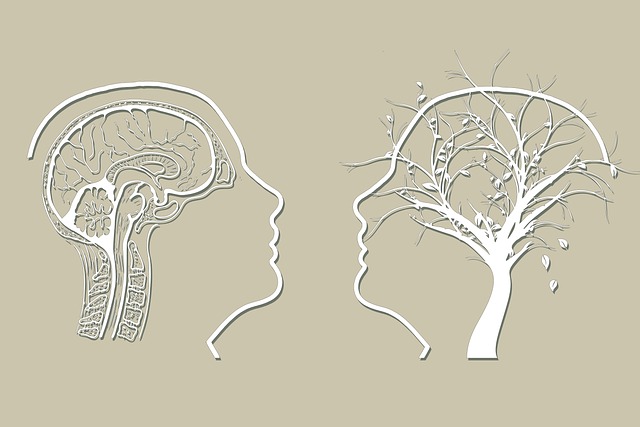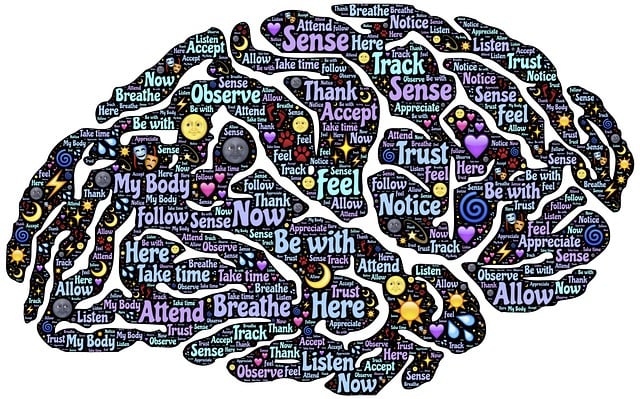Englewood Major Life Transitions Therapy promotes self-care as a proactive and holistic approach to preserving mental health during life's challenges, focusing on physical, mental, and emotional well-being. Through practices like journaling, mindfulness, exercise, and proper sleep, individuals can manage stress, improve emotional regulation, and prevent depression. Overcoming barriers to self-care, with the help of professional guidance, allows for positive mindset shifts, fostering resilience and lasting habits that support mental wellness during major life transitions.
Self-care is an essential practice for maintaining mental health, yet it’s often overlooked in our fast-paced lives. This article explores the profound impact of self-care on mental well-being and provides practical guidance. We delve into identifying personal needs during life transitions, drawing insights from Englewood Major Life Transitions Therapy. Learn effective strategies to incorporate self-care routines and overcome barriers, enabling you to prioritize your mental health and overall well-being.
- Understanding Self-Care and Its Impact on Mental Health
- Identifying Personal Needs during Life Transitions with Englewood Major Life Transitions Therapy
- Practical Strategies for Incorporating Self-Care Routines
- Overcoming Barriers and Staying Committed to Self-Improvement
Understanding Self-Care and Its Impact on Mental Health

Self-care is a fundamental practice that involves attending to one’s physical, mental, and emotional needs, often through various activities aimed at promoting overall well-being. It is a proactive approach to maintaining balance in life, especially during challenging times or major life transitions, as highlighted by Englewood Major Life Transitions Therapy. Understanding self-care is crucial for recognizing its profound impact on mental health. By prioritizing personal needs, individuals can effectively manage stress, improve emotional regulation, and enhance their overall resilience.
Englewood Major Life Transitions Therapy emphasizes the significance of self-care in navigating life’s ups and downs. It encourages clients to adopt healthy habits such as regular exercise, adequate sleep, and mindfulness practices, which are all essential for emotional well-being promotion techniques. Through therapy, individuals learn to identify their unique self-care rituals and develop strategies to cope with adversity. This holistic approach not only supports mental health but also empowers people to advocate for themselves within the context of Mental Health Policy Analysis and Advocacy.
Identifying Personal Needs during Life Transitions with Englewood Major Life Transitions Therapy

During life transitions, understanding personal needs is crucial for maintaining mental wellness. Englewood Major Life Transitions Therapy offers valuable guidance and support to navigate these challenging times. They emphasize the power of self-reflection through journaling as a tool for identifying emotional shifts and unmet requirements. By documenting thoughts and feelings, individuals can gain insights into their changing priorities and better comprehend their underlying needs.
This therapy also promotes exercise as a means of boosting confidence and managing stress. Physical activity releases endorphins, enhancing mood and overall well-being. Moreover, setting achievable fitness goals provides a sense of accomplishment, which can be particularly beneficial during life transitions when individuals may feel overwhelmed or uncertain about the future. With the right tools and support, such as those provided by Englewood Major Life Transitions Therapy, people can better equip themselves to prevent depression and foster positive mental health outcomes.
Practical Strategies for Incorporating Self-Care Routines

Incorporating self-care routines into your daily life is a powerful tool for enhancing mental wellness and preventing burnout, especially during major life transitions. Start by identifying simple yet impactful practices that resonate with your lifestyle and needs. For instance, dedicating 15 minutes each morning for mindfulness meditation or journaling can significantly improve your focus and emotional balance throughout the day. These practices offer a moment of calm and self-reflection, fostering positive thinking and resilience.
Englewood Major Life Transitions Therapy suggests breaking down self-care into manageable steps. Incorporate regular exercise, whether it’s a brisk walk or a yoga session, to release endorphins and reduce stress. Ensure you’re fueling your body with nutritious meals and adequate sleep, as these fundamentals are crucial for maintaining overall well-being. By integrating these practical strategies into your routine, you can cultivate sustainable habits that support both your mental wellness and resilience during life’s challenges.
Overcoming Barriers and Staying Committed to Self-Improvement

Overcoming barriers is a significant step in enhancing self-care practices and embracing personal growth. Many individuals struggle to maintain a consistent self-improvement routine due to various challenges. These might include hectic schedules, external pressures, or past experiences that hinder their ability to prioritize well-being. However, with the right strategies, these obstacles can be navigated. One effective approach is seeking professional guidance from therapists specializing in major life transitions in Englewood. They offer valuable support and provide tailored techniques for emotional well-being promotion.
Staying committed requires a mindset shift and adopting new habits. It’s about recognizing the impact of self-care on overall mental health, including depression prevention. By integrating confidence-boosting activities and maintaining a consistent routine, individuals can overcome resistance and foster positive change. Regular reflection and adjusting practices as needed are essential to ensure long-term success, especially during major life changes.
Self-care is a powerful tool for enhancing mental well-being, as highlighted by Englewood Major Life Transitions Therapy. By understanding our personal needs and incorporating practical strategies, we can overcome barriers and cultivate sustained self-improvement. This journey involves navigating life transitions with resilience and embracing routines that nurture our minds, bodies, and souls. Through dedicated practice, we not only improve our mental health but also find greater balance and fulfillment in daily life.



